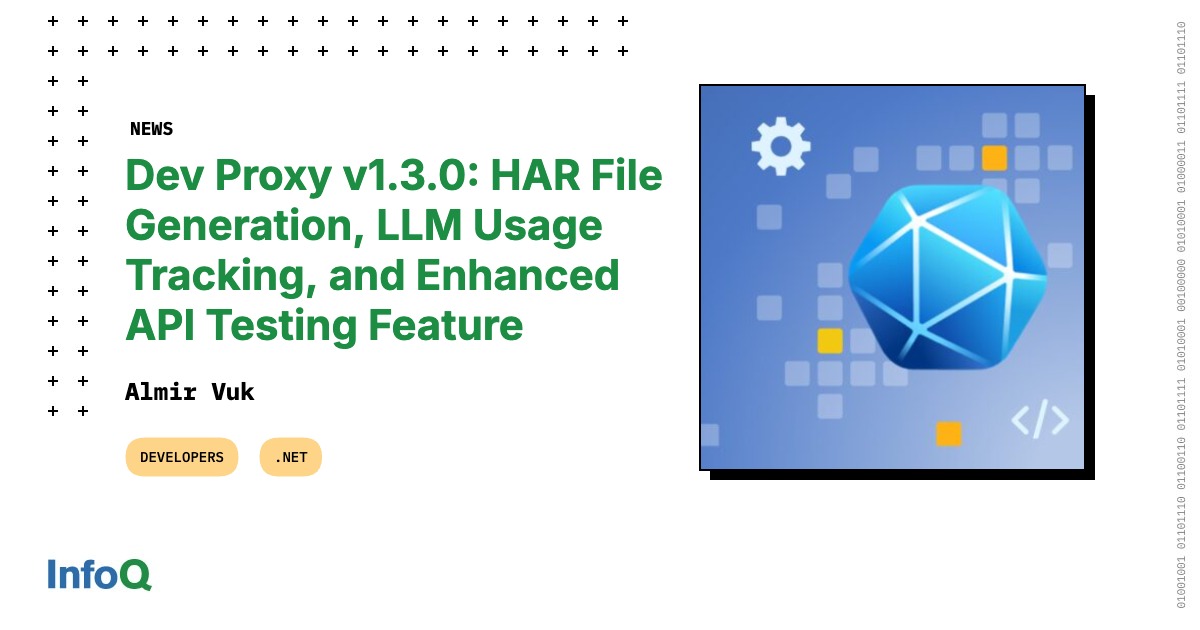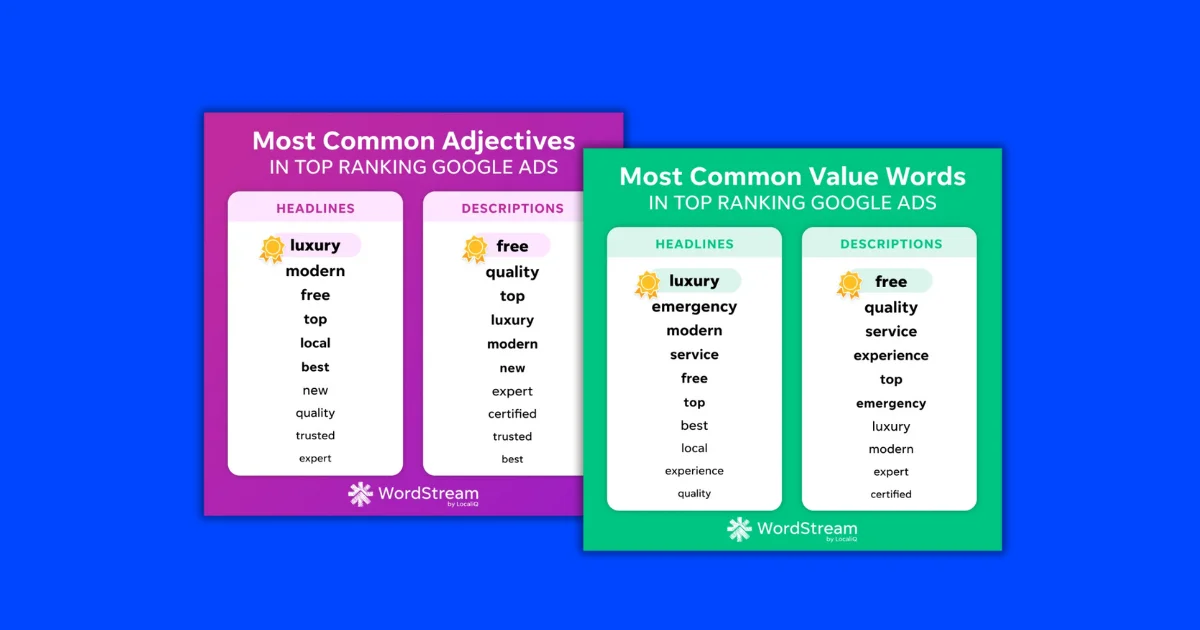Two founders. Same sector. Both built strong products with early revenue. One is a tech-focused CEO, raised capital efficiently, and was just starting to show traction. The other had similar metrics but one key advantage, the CEO was a known figure in the industry. Regular speaker at conferences, active on LinkedIn, connected to investors and corporate development leaders.
When it came time to sell, one company received multiple bids within weeks. The other struggled to generate interest.
The difference wasn’t the product. It wasn’t even the financial profile. It was purely relationships.
In M&A, relationships often matter more than tech. Founders who build visibility, credibility and direct access to buyers from day one end up with faster processes.
Known CEOs generate stronger processes
When a CEO is already on the radar of potential buyers, either from speaking engagements, thought leadership or previous partnerships, there is less friction at every stage. Buyers feel like they already know the person behind the company. The initial outreach is warmer, conversations move faster, and internal buy-in is easier to secure.
What I see is that well-networked CEOs tend to attract interest earlier in a process. Buyers familiar with a founder’s reputation and strategic vision are more likely to prioritize the opportunity and engage with fewer reservations.
In contrast, companies led by technically strong but lesser-known founders often require a much longer ramp-up. More diligence, more explanation and more effort to convince buyers why this company and this team are worth betting on.
Buyer confidence is built over years, not weeks
Acquirers look at more than just the product and financials. They evaluate leadership, culture fit and long-term integration potential. When a CEO is already viewed as a credible, insightful voice in their domain, that evaluation process becomes easier.
Reputation and access also matter earlier in the funnel. When a CEO has built trust with VCs, industry executives or corp dev leaders over time, they gain strategic optionality. They can engage in early conversations that later mature into real offers.
Start focusing on networking and visibility
Not every founder is naturally inclined to public speaking or personal brand building. Many are product-driven and prefer to stay focused on building. That’s a legitimate strength, but it comes with tradeoffs.
Networking, visibility and building industry presence are not secondary tasks. For CEOs leading companies that plan to grow, fundraise or explore strategic exits, these are core responsibilities. Founders who invest time in building relationships with investors, potential customers, partners and buyers create long-term strategic value.
That visibility does not have to mean being constantly on stage or posting daily. But there needs to be a deliberate effort to build credibility and access across the ecosystem.
If the founder is not in a position to do that, and has no will to invest in visibility, bringing in a well-known operator is one option.
In the end, company value is shaped not just by tech, but by who is telling the story and who is listening.
Itay Sagie is a strategic adviser to tech companies and investors, specializing in strategy, growth and M&A, a guest contributor to Crunchbase News, and a seasoned lecturer. Learn more about his advisory services, lectures and courses at SagieCapital.com. Connect with him on LinkedIn for further insights and discussions.
Illustration: Dom Guzman
Stay up to date with recent funding rounds, acquisitions, and more with the
Crunchbase Daily.











